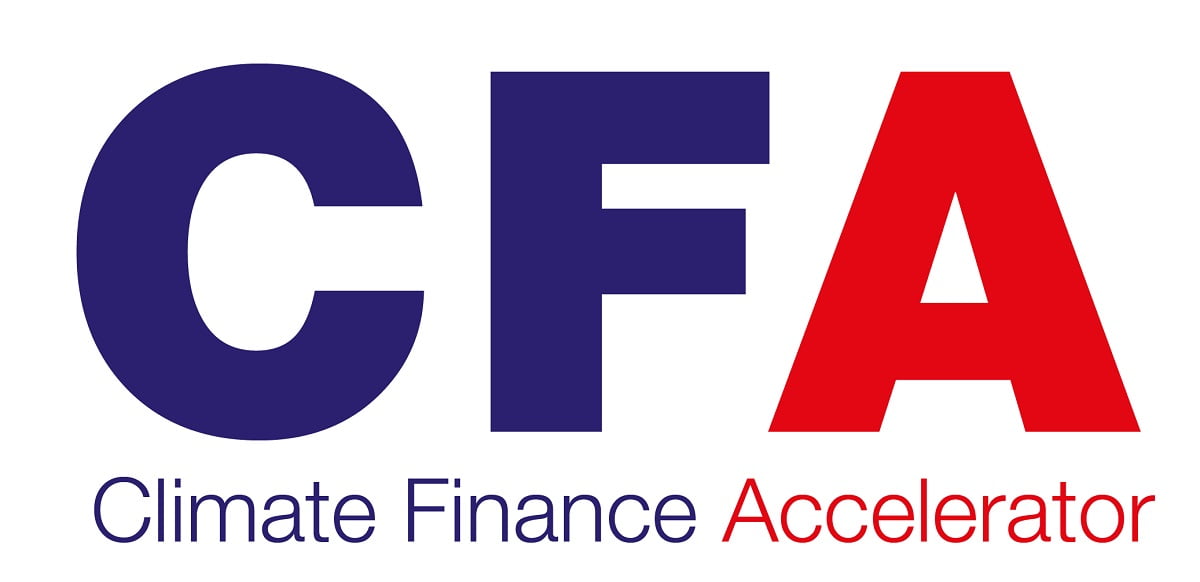This section provides additional resources that may be water-related useful to your organisation:
- Industry brief: Using groundwater: Options for managing brine.
- Groundwater process flow
- Industry Brief: Why making businesses water resilient makes financial sense
- Resilience Case Study: Building economic resilience to water scarcity
- Resilience Case Study: Supporting industry through severe droughts
- Interactive Cape Town Drought Timeline
- City of Cape Town’s latest Water Outlook report
- Policy Brief: Water resource and development planning in the Berg Water Management Area
Industry Brief: Using groundwater: Options for managing brine.
Due to the recent drought in the Western Cape, many companies in Cape Town have turned to groundwater exploration to ensure security of water supply.
Geological factors influence groundwater quality and geohydrologists have identified some key industrial areas as having a high risk of saline groundwater.
Treatment of saline groundwater before use with technologies such as reverse osmosis (RO) membranes leaves a highly concentrated, saline wastewater termed ‘brine’.
Several factors make the discharge and treatment of brine complex and expensive, and companies have been struggling to find well-suited solutions to handle it.
GreenCape has published an industry brief which provides information on saline wastewater treatment and disposal options for businesses.
Download the brief, for free, here.
Industry Brief: Why making your business water resilient makes financial sense
Businesses are investing in water efficiency solutions and alternative water sources due to the drought. However, there are solutions that will make financial sense even when the drought is over and tariffs have been relaxed. Investing in water efficiency and alternative water sources can reduce a business’s reliance on municipal water by up to 70% and in some instances save 60% in water related business costs.
This industry brief demonstrates the financial viability of investing in a variety of water efficiency interventions by presenting different business contexts modelled using the City of Cape Town’s Level 1 and Level 6 restriction tariff levels.
Click here to access the industry brief.
Resilience Case Study: Building economic resilience to water scarcity
GreenCape, in conjunction with the City of Cape Town and 100 Resilient Cities, has published a series of case studies showcasing practical examples of resilience in action in Cape Town.
Resilience is the “capacity of individuals, communities, institutions, businesses and systems within a city to survive, adapt and grow no matter what kind of chronic stresses and acute shocks they experience.” (100 Resilient Cities, 2019)
One such case study looks at the threat of water scarcity to economic resilience, and is appropriately titled: Building economic resilience to water scarcity: Cape Town’s response to a severe drought.
In order to build resilience to droughts and minimise economic impacts, cities should work with and collaborate across the public and private sectors.
The case study highlights key strategies to support economic resilience to drought and these include:
- Experienced leadership & broad participation through partnerships;
- Effective inter-government alignment for quick decision making;
- Prioritisation to assist the most vulnerable businesses;
- Frequent, transparent and evidence-based communication with the public;
- Clarity on resilience strategies;
- Well-considered messaging for international audiences.
Resilience Case Study: Supporting industry through severe droughts
GreenCape has published a resilience case study looking at the threat of water scarcity to economic resilience, appropriately titled: Building economic resilience to water scarcity in Cape Town: supporting industry through severe droughts.
This case study outlines how GreenCape supported Cape Town industries during the severe drought of 2015 -18. It is written for organisations that provide drought, adaptation or resilience-building support to businesses.
The case study highlights three key strategies that are important when supporting businesses through a drought:
- Use partnerships and networks to drive collaboration;
- Prioritize and coordinate efforts;
- Drive short term solutions initially, while building knowledge and capacity for long term solutions.
GreenCape develops interactive Cape Town
GreenCape has collated some pertinent data points and developed a Cape Town Drought Timeline documenting the events that led up to the 2017/18 water crisis until the present day. The Timeline is an interactive and chronological resource that showcases important hydrological and regulatory events, as well as the public and private sector’s response to the drought. The purpose of the timeline is to assist researchers interested in the drought to source dates for key events, as well as for the people involved in the drought response activities to reflect on the events that led to the crisis and the lessons that can be learned from the experience.
This is a public resource that will be added to or edited on the basis of feedback received. If any errors are found or pertinent information is missing, please contact [email protected]
City of Cape Town release updated water outlook report
The Department of Water and Sanitation at the City of Cape Town has released the latest Water Outlook Report detailing the latest information and update on the status of the drought.
To download the latest Water Outlook Report, please click here.
For any drought business support queries, please e-mail [email protected] or call +27 (0) 21 811 0250.
Policy brief: Water resource and development planning the Berg Water Management Area
GreenCape has published a policy brief titled; A case for integration: Water resource and development planning in the Berg Water Management Area.
The brief is written for government planners, consultants, and associations involved in water services, water resource and economic development planning. It focuses on the economic risks associated with future water constraints in the Berg WMA and advocates for the use of integrated planning approaches to ensure the smartest use and development of water resources.
Some key findings suggest that the Berg Water Management Area’s (WMA) planning systems are not structured or equipped to undertake integrated decision making. In the system, water resource development and economic development planning are viewed as separate rather than interdependent and necessary processes for achieving local and regional development goals.
In the absence of a regional water utility, the Western Cape Government should play a more prominent role in (a) supporting municipalities to include water resource and economic development planning in integrated development plan (IDP) processes and in (b) providing local authorities with capacity to implement future water resource augmentation projects.
Download the full policy brief here.
Download the policy infographic here.
Download the full synthesis report here.
In addition to the brief, snapshots of future water needs for the following municipalities have been created:
View the full project webpage here.



